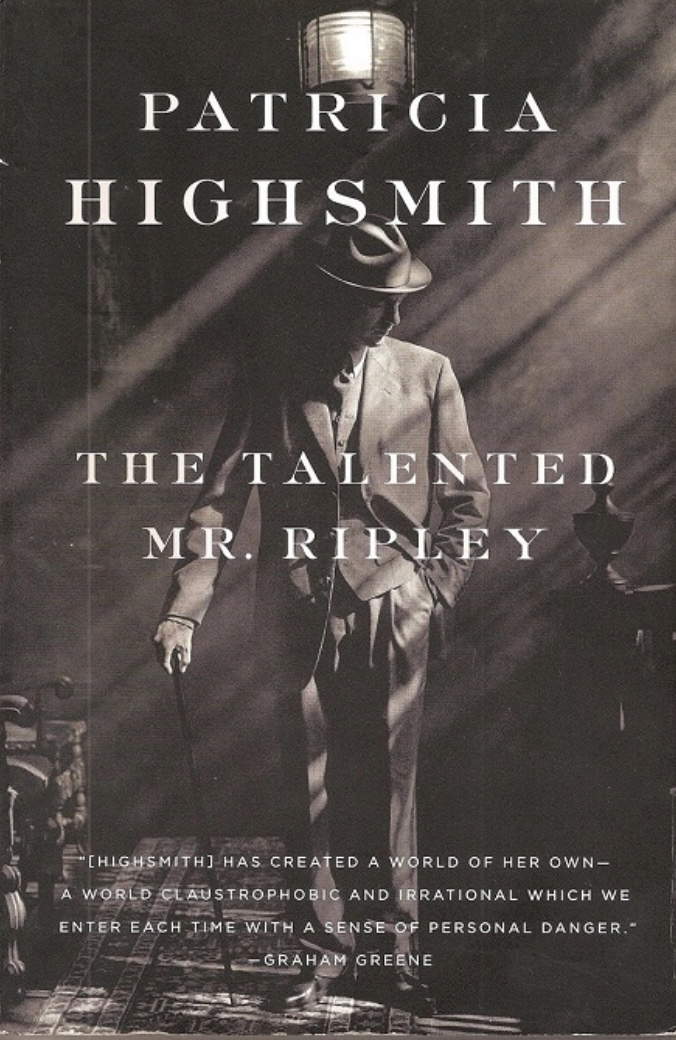A Talent for Truth
Posted on April 4, 2021
“Tom boarded the bus after Dickie. There were no seats, and they were wedged between a skinny, sweating man who smelled, and a couple of old peasant women who smelled worse.” ~Patricia Highsmith – The Talented Mr. Ripley
With a career spanning nearly five decades which produced 22 novels and numerous short stories leading to more than two dozen film adaptations – she was dubbed “the poet of apprehension” by novelist Graham Greene.
Perhaps her portrayal of Ripley, a cunning, charming murderer we can’t help but root for, was what encouraged us to keep going with the first novel of the trilogy, Percivious Insomnia. The true heart of our story does not step into the light until the second volume, and making the decision to begin where it originally took hold of us was a difficult one especially in a culture with little appetite or tolerance for “negative” characters. Had we not held to the possibility that perhaps readers could accept or even admire an arrogant, arguably narcissistic protagonist accompanied by a seriously flawed cast, not unlike a Seinfeld episode, then our story would have taken a much different arguably less believable path.
Were it not for Highsmith’s influence, her trip inside the workings of Tom’s mind that not only explains how he could possibly justify his actions, but actually seduces us into identifying with him, ours would be a very different story indeed.
Her poetic style never loses the momentum of the story and she leaves absolutely nothing behind incorporating humour, fear, anxiety, intrigue and horror – all the while keeping us enthralled with how he did it, rather than the self-evident why.
It was this incredible work of fiction that gave us hope that despite our cancel culture we could create a cast of convincing, imperfect and flawed characters that would still be loved by the reader. That perhaps our reader would agree, especially amidst today’s digital interface, that friendship and belongingness can easily be bought and manipulated, just as it was in Tom’s day. How despite our best attempts at improving society as a whole – that monsters, unfortunately, are still often embodied by men (and women of course).
Her style, her words and phrasing, and her obsession with the inner workings of Tom’s mind encouraged us to stay true to our organic beginning and ultimately release the first novel exactly as it was conceived. We hope she would agree that our self-absorbed characters, with a view, not unlike Tom’s, that life was a rigged game ripe for self-invention, is as relevant now as it ever was.
